7 Fascinating Berry Facts You Need to Know
Updated: Apr. 12, 2024
Brush up on your berry facts and boost your knowledge of the fruits you love! Learn which fruits are (and are not) considered berries.
On This Page
Elderberry Bushes Attract Backyard Birds
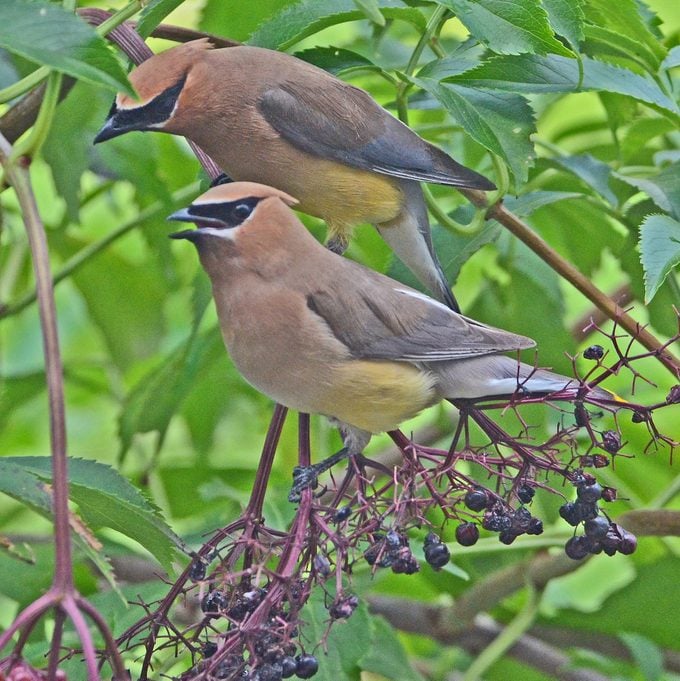
This one of our berry facts is for the bird lovers. One of the best ways to bring in birds to your backyard is to plant bushes with berries. Birds that don’t usually visit feeders—such as stunning cedar waxwings—will readily eat fruit. Elderberry shrubs are known to feed more than 30 bird species, such as cedar waxwings, northern mockingbirds and gray catbirds. Plus, they provide shelter and nest sites.
No space to grow a berry bush? Consider putting out grape jelly for fruit-eating birds.
Raspberries Are More Colorful Than You Think
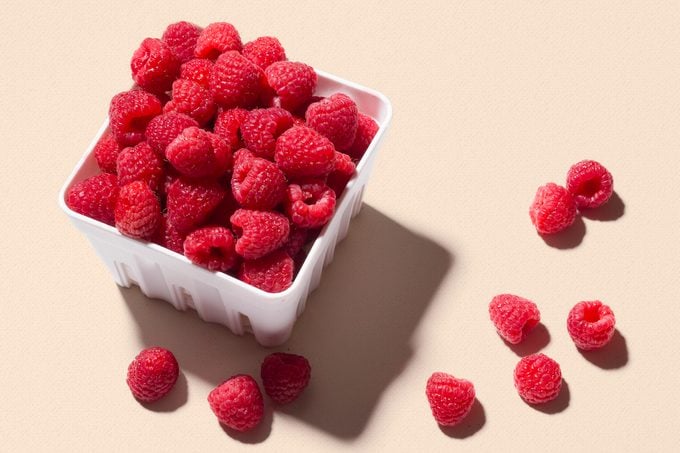
You probably knew raspberries are red, but you probably weren’t aware that they come in more than one color. They’re also available in black, purple, and gold. Black raspberries tend to be smaller than the red variety typically sold in supermarkets, and they are primarily used for cooking.
When you’re done looking at berry facts, check out these fascinating facts about carrots.
Check Restrictions Before Planting These Berries
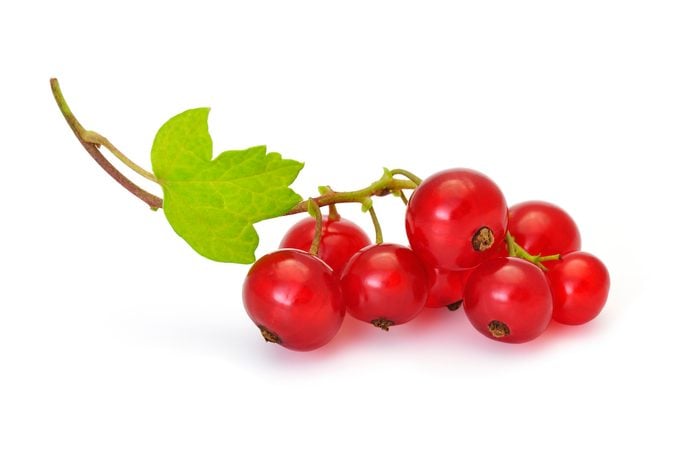
It was illegal to grow currants (shown above) and gooseberries in the U.S. until 1966. They were hosts to white pine blister rust, a fungus that destroys white pine trees. Some states still have restrictions in place. In those states, growing these berries may require a special permit.
Are American pokeweed berries poisonous?
You Can Grow Blueberries in Your Backyard
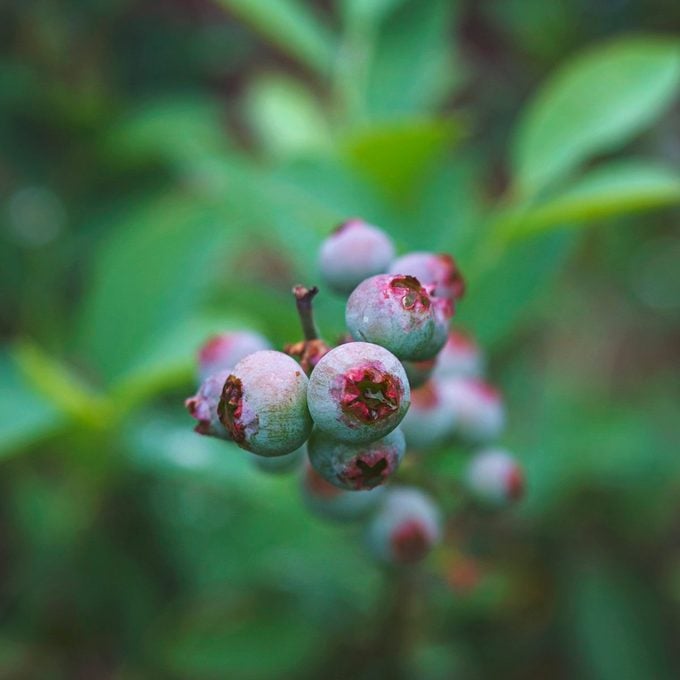
Put down the grocery-store blueberries! Growing these sweet fruits in your backyard is easier than you might think, but you need to make sure you have the correct growing conditions. Blueberries prefer soil as acidic as 4 to 5 pH. You may need to test your soil for guidance on adjusting your pH before you plant blueberries.
For more berry facts, check out our blueberry growing guide.
A Banana’s Technical Classification Might Surprise You
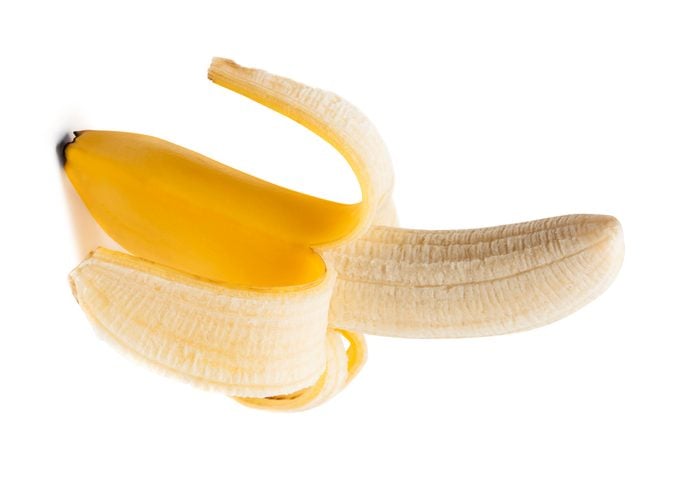
You’ve probably never thought of a banana as a berry, but it is one. Botanically, a banana is a berry because it is produced from an individual flower containing one ovary. Modern cultivars are seedless.
Grow brandywine viburnum for tie-dye berry clusters.
Cherries Are Not Berries
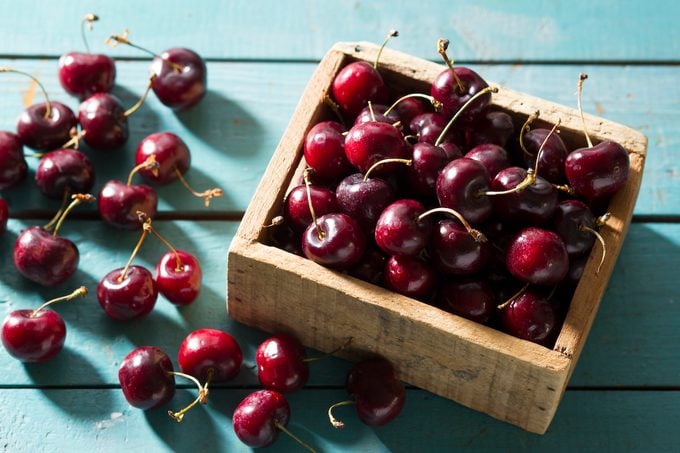
Equally surprisingly, despite their rhyming names, a cherry is not a berry—it’s classified as a stone fruit. Other types of stone fruits include peaches, plums and apricots.
Get expert tips on growing cherries.
Some Blackberries Don’t Have Thorns
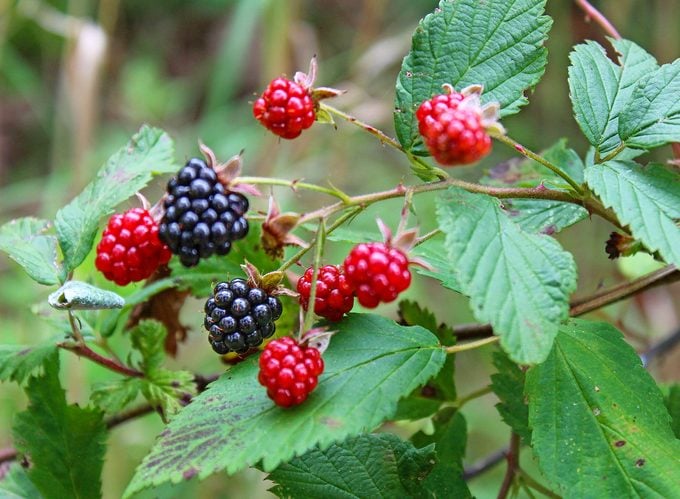
While they don’t have as many different colors as raspberries, blackberries still technically have two different forms: with or without thorns.
Next, learn how to grow a black chokeberry shrub.
Additional reporting by Emily Hannemann
Sources
Penn State Extension, “Raspberry Planting and Care for Home Gardeners”
Penn State Extension, “Brambles in the Home Fruit Planting”
Bur Oak Land Trust, “Elderberry: For the Birds”
University of Minnesota Extension, “Growing Stone Fruits in the Home Garden”
Stanford Magazine, “Bananas Are Berries?”
Why Trust Us?
For nearly 30 years, Birds & Blooms, a Trusted Media Brand, has been inspiring readers to have a lifelong love of birding, gardening and nature. We are the #1 bird and garden magazine in North America and a trusted online resource for over 15 million outdoor enthusiasts annually. Our library of thousands of informative articles and how-tos has been written by trusted journalists and fact-checked by bird and garden experts for accuracy. In addition to our staff of experienced gardeners and bird-watchers, we hire individuals who have years of education and hands-on experience with birding, bird feeding, gardening, butterflies, bugs and more. Learn more about Birds & Blooms, our field editor program, and our submission guidelines.






















